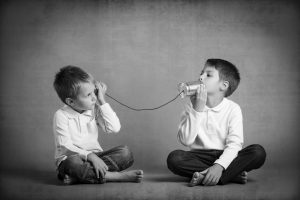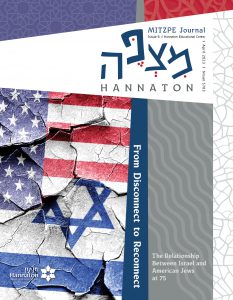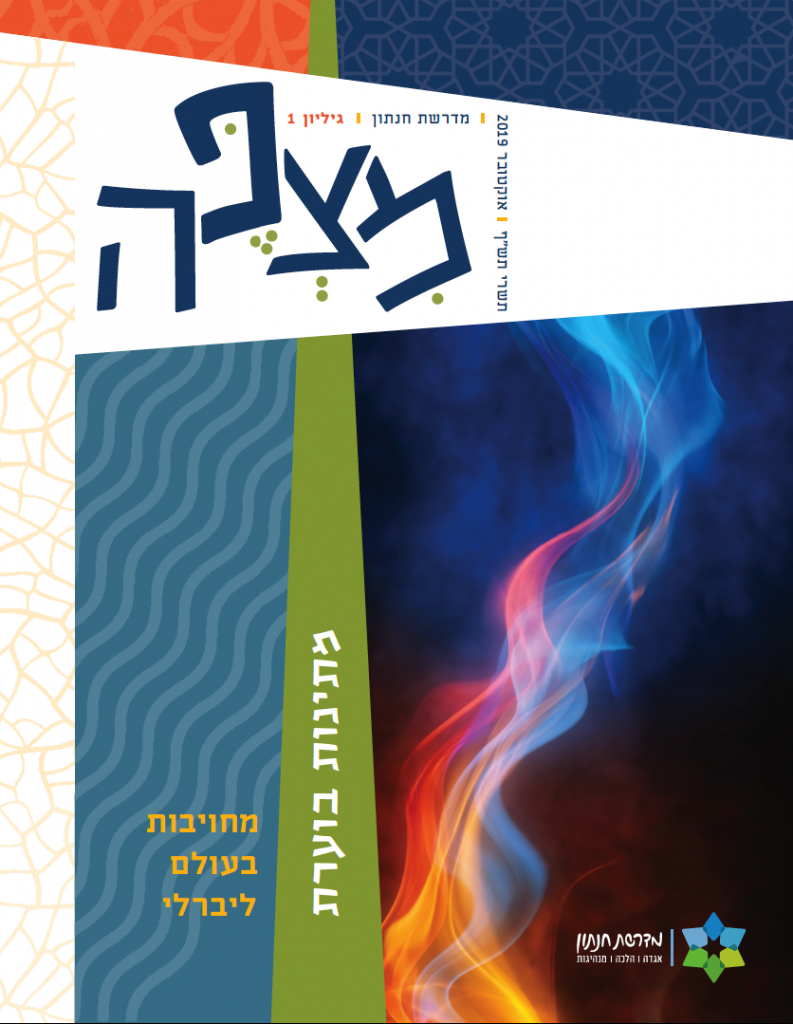Last August, I had the privilege of attending the internatio Basel, Switzerlannal conference marking the 125th anniversary of the first Zionist Congress in Basel, Switzerland. What an exciting and moving event. Over a thousand of us came together in the same place and on the same date as that original gathering to celebrate Theodore Herzl’s remarkable achievement in assembling 197 delegates with varying Zionist views to discuss the idea of creating a homeland for the Jewish people.
I could not help but think of my great-grandfather, Aron Shimon Shpall. Like Eliezer Ben Yehuda he spoke only Hebrew to his children in his Eastern European home in Kremenets. An ardent Zionist, he dreamt of one day living in the land of Israel. However, when forced to leave because of worsening pogroms, the family’s circumstances led the Shpalls to the United States and not to Palestine. This did not deter Aron from his goals. He and his family settled in New Orleans, where he served as assistant principal of an afternoon school that provided young Jews with an intensive, six-day-a-week, Hebraic Jewish education. My family continued his tradition of speaking Hebrew to our children and devoting ourselves to the Zionist dream, while mostly living outside of Israel.
How thrilled Shpall would have been to know that the Jewish State would be established a mere 51 years after the first Zionist Congress! All of us in Basel understood viscerally how important it was to mark this moment communally to celebrate the miracle of a thriving State of Israel poised to celebrate its 75th anniversary this May. Conference speakers were brimming with ideas for addressing societal issues in Israel, including economic inequality and a lack of affordable housing, as well as global challenges such as climate change, all with the aim of maximizing Israel’s success and ensuring its sustainability.
But for all the spirited and fascinating talk, the silence on other vital issues—the needs of the Israeli Arab population, the unresolved status of Palestinians, the lack of religious pluralism—was deafening. The panel I was asked to participate in— “A Twenty-first Century Zionism for a Twenty-first Century Jewish People”—was one of the few places where those challenges could be addressed. I attempted to do just that and will share and expand on some of my thoughts here.
In the early 20th century, Zionism’s supporters included several Conservative/Masorti luminaries affiliated with my institution, The Jewish Theological Seminary. As a historian, I find it instructive to recall their reasons for promoting the Zionist project and to ask how—and if—their understanding of Zionism’s value for the Jewish people can inform a Zionist vision for today and tomorrow. JTS Chancellor Solomon Schechter, among the earliest religious leaders in the United States to openly support the Zionist cause (1906), saw Zionism in the context of his concern about Jewish assimilation in the United States. After careful consideration, he came to value Zionism, in the religious-national sense of Ahad Ha-am, as a “great bulwark against assimilation”—a way to strengthen Judaism and the Jewish spirit not only in the Land of Israel but around the world. Mordecai M. Kaplan, who led the JTS Teachers Institute from its inception and taught at JTS for several decades, infused the curriculum for Jewish educators with classes in Hebrew, Israeli dance, Jewish music and art, and the study of Jewish history, thought, and texts. For Kaplan too, Zionism was “contemporary Judaism in action,” with the potential to regenerate Judaism in the Diaspora and create a robust, pluralistic Jewish civilization in the Land of Israel. Henrietta Szold, the first female student at JTS and the visionary founder of Hadassah, the American women’s Zionist organization, believed that Zionism would serve as a catalyst for reviving and cultivating Judaism as a robust, normal way of life, not merely a creed. Szold anticipated the challenges posed by Jews newly living in Palestine alongside Arabs who were already inhabiting the land. In her words and her deeds, she promoted the importance of cultivating ways for Jews and Arabs to learn, work, and live together.
What strikes me in the views of these leaders is their keen appreciation of the symbiotic relationship between Jews in and outside Israel. Even before its creation, they knew that Israel’s impact would be far-reaching, and that its relationship with diaspora Jews would be both enriching and complicated. But what does Zionism mean now, especially for young American Jews who lack the historical touchpoints and cultural references that shaped pre-1948 and early-State Zionism? The intellectual, communal, and political context through which young Jews connect with Israel, especially in the last 20 years, differs dramatically from my own.
These young people have grown up knowing only a thriving Israel; they take its existence for granted. As Americans, their world view, especially of late, has been shaped by new insights into the historic and contemporary shortcomings of the United States that have touched many of us. As a result, for some, their love of Israel is tempered by concerns about equity, racism, and what they perceive as tribalism. They worry that the state of Israel is falling short of its ideals as a Jewish, democratic state. For many, Zionism is not a path to Jewish pride and engagement but rather a source of shame and alienation, leading them to consider distancing themselves from Israel. Some dismiss these young American Jews as uninformed, naive, or misguided. That may be true of some, but many engaged and knowledgeable Jews feel anguish at the thought of having to choose between supporting both Palestinian rights and a thriving Jewish state. This should not be a choice. Both commitments were intrinsic to the founding of the Jewish state (even if the terminology differed), and they remain a priority for many Israelis today.
If we are committed to the Jewish future and to a Jewish state that lives up to our highest ideals as a people, we must engage with those whose love and support impels them to critique. A 21st century Zionism must be one devoted to strengthening Israel as a Jewish, democratic state. This new Zionism can be forged only through deep learning, active listening, and engaged dialogue—across ideological lines and through extensive encounters among Israeli and American Jews.
As chancellor of JTS, an institution devoted to serious Jewish learning and open inquiry, I am passionate about educating the next generation to embrace the complexity that results from such an approach. Devoted to a flourishing Judaism and to a Jewish, democratic state, JTS fosters an honest appraisal of Zionism’s past, present, and future—rooted in history and anchored in love—which can point a way forward for the courageous leaders of today and tomorrow.
I believe a constructive Zionism for the 21st century asks that we:
- Work together to further liberal democracy in the Jewish State. The political struggle regarding Palestinians finds its parallel in the struggle for Jewish religious pluralism. We love Israel despite its lackluster support for non-Orthodox Judaism and its failure to appreciate how diverse Jewish customs, outlook, and practice uniquely enrich Israeli life. The two issues are inextricably linked, and intolerance in one arena breeds it in others.
- Internalize the notion that “ahavat Israel” is a two-way street. We each need to hone our skills of radical empathy: Israelis need to deeply understand where young American Jews are coming from just as American Jews need to appreciate the unique challenges that Israeli Jews face.
- Create opportunities for more American and Israeli young people to be in person-to-person relationships with one another, including by bringing more young Israelis to the U.S. to learn about the American Jewry. We must be open to new ways of conceiving of the relationship in the third decade of the 21st century.
- Commit to embracing the value of a nuanced lens. States and governments fall short, as do we. Let’s celebrate the wonders of the Jewish State, be clear-eyed about the ways in which it falls short of its ideals, and commit to doing our part to make it better or lend support to those who do so. Let’s model a relationship that grows ever stronger and more committed to growth as a result of engaging with complexity.
As President Herzog said to us in Basel, “The Jewish People are one big family, and being family means regularly checking in with each other.” Though disagreements will always exist, “we must always insist on open, sincere engagement.”
This kind of dialogue is hard, but it is essential to building lasting relationships. It demands radical empathy, the ability to cherish one’s experience fully and also deeply empathize with the experience of others. As we forge a true 21st century Zionism, let us measure our words, approach others with humility, listen more deeply, engage more closely, understand the perspectives of others who differ from us, and work together with them to envision a more perfect future for the Jewish people, for Israel, and the world.





